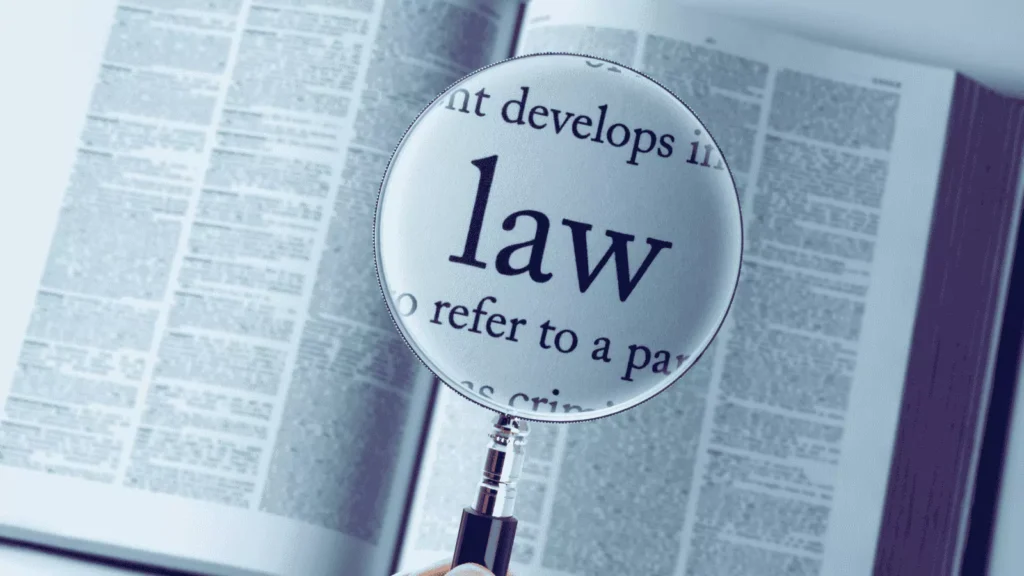The landscape of IT laws in India is constantly evolving, often drawing inspiration from global trends. Recently, a bold move by Google, refusing to integrate fact-checking measures mandated by the European Union’s (EU) Disinformation Code of Practice, has raised significant questions about the role of tech companies in combating misinformation.
This decision, coupled with similar moves by Meta and X (formerly Twitter), has sparked a debate that India cannot afford to ignore.
Google’s Refusal to Comply with EU Law

Google’s decision to not implement fact-checking in its search results and YouTube videos, as required by the EU’s new Digital Laws, highlights a major rift between government expectations and corporate practices. The EU Disinformation Code, updated in 2022, obligates tech giants to:
- Display fact-check results alongside search outcomes and videos.
- Integrate fact-checking into content ranking algorithms.
- Address misinformation through robust content moderation.
Despite these mandates, Google’s global affairs president, Kent Walker, stated in a letter to the European Commission that such measures are “not appropriate or effective” for Google’s platforms. Instead, Google emphasised its existing content moderation practices, citing their success during last year’s “unprecedented cycle of global elections.”
Walker also defended Google’s alternative tools, such as SynthID watermarking and AI disclosures on YouTube, as effective measures to curb misinformation. Moreover, the company highlighted its new contextual note feature on YouTube, akin to X’s Community Notes.
A Wider Trend: Tech Giants Back Away from Fact-Checking

Google’s resistance is not an isolated case. Other tech giants like Meta and X have also scaled back their content moderation efforts:
- Meta: In 2024, Meta announced the end of its third-party fact-checking program, transitioning to a Community Notes model. This shift was framed as an effort to reduce censorship and promote free expression.
- X: Under Elon Musk’s leadership, X significantly relaxed content moderation policies, favouring free speech absolutism over active misinformation policing.
These moves reflect a broader trend among tech platforms prioritising user-generated moderation over centralised fact-checking. While this approach reduces operational costs, it raises serious concerns about the unchecked spread of misinformation.
Implications for IT Laws in India
India, as one of the largest digital markets, faces unique challenges in addressing misinformation. The ripple effects of global policies, particularly from the EU and the United States, often shape IT laws in India. Here are key takeaways and their implications:
1. Misinformation Management and Accountability
The refusal by global tech giants to integrate fact-checking underscores the need for India to strengthen its own digital laws. While the IT Rules (2021) mandate social media platforms to remove unlawful content within 36 hours, they lack comprehensive measures for combating misinformation proactively.
- Challenge: Without robust fact-checking mechanisms, platforms may become breeding grounds for misinformation, particularly during elections and communal tensions.
- Opportunity: India could introduce legislation similar to the EU’s Disinformation Code, mandating fact-checking commitments for platforms operating within its borders.
2. Balancing Free Speech and Regulation
Tech companies often cite free speech as a reason for avoiding stringent content moderation. India’s Constitution guarantees freedom of speech but with reasonable restrictions. Striking a balance between these principles and combating harmful content remains a delicate task.
- Proposed Solution: Develop a framework that encourages transparency and user-driven moderation while holding platforms accountable for misinformation that leads to real-world harm.
3. Strengthening Local Fact-Checking Ecosystems
The resistance from global platforms presents an opportunity for India to bolster its local fact-checking ecosystem.
- Implementation: Collaborate with Indian fact-checking organisations and integrate their services into platform algorithms.
- Impact: This would not only create jobs but also ensure culturally and linguistically relevant fact-checking.
Global Divergence in Digital Laws
Google’s stance highlights the growing divergence in digital laws between regions:
- EU: Focuses on stringent measures to combat misinformation, holding tech companies accountable through legally binding codes.
- US: Leans towards free speech absolutism, with minimal government intervention in platform governance.
India, caught between these two approaches, must carve out its unique strategy. By combining the EU’s accountability framework with the US’s emphasis on innovation, India can set a precedent for balanced regulation.
Risks of Relaxed Content Moderation
The shift away from fact-checking by Google, Meta, and X poses significant risks:
- Amplification of Misinformation: Relaxed moderation could lead to the viral spread of false information, impacting public opinion and inciting violence.
- Erosion of Trust: Without credible fact-checking, public trust in online platforms may erode further, especially in sensitive regions.
- Regulatory Backlash: Governments may respond with stricter laws, potentially stifling innovation and freedom of expression.
Future of IT Laws in India

The developments surrounding Google and the EU emphasise the need for India to future-proof its IT laws:
- Comprehensive Legislation: Introduce a holistic digital law addressing misinformation, data privacy, and platform accountability.
- Collaborative Approach: Foster collaboration between tech companies, fact-checkers, and the government to create sustainable solutions.
- Global Leadership: Position India as a leader in digital governance by setting benchmarks for balanced regulation.
Conclusion
Google’s refusal to comply with the EU’s fact-checking rules has reignited global debates about the role of tech giants in combating misinformation. For India, this is both a cautionary tale and an opportunity.
By learning from global trends and tailoring its approach, India can strengthen its IT laws to address misinformation effectively while fostering innovation and protecting free speech. In doing so, India can emerge as a global leader in navigating the complexities of digital governance in the 21st century.
Read Also – The Untold Truth About Legal Internships: Are They Worth It?
Job Market Insights In 2025 You Need To Know





